Pulsar IrrigationTM
Silverleafe understands that one of the most important elements of modernizing Uzbekistan’s agriculture industry is water management. Upon arriving to Uzbekistan in the spring of 2018, Silverleafe’s founders Dan Patterson and Martin Walker saw that Uzbekistan’s irrigation systems needed to be modernized. Traditional flood irrigation was inefficient and wasteful, losing irrigation water due to trench absorption and surface evaporation. Furthermore, drip irrigation was expensive for low value crops and lacked the ability to leach fields and irrigate wheat.
Silverleafe’s solution was to develop a sustainable irrigation system based on surge-flow irrigation technology, which is commonly used for cotton farming in the US. This new system would provide faster and more efficient water delivery than traditional flood irrigation and is more practical and affordable than drip irrigation.Silverleafe named this system Pulsar IrrigationTM.

Paulownia Tree Project
With new technology – no matter how beneficial it may be – comes displaced labor. Silverleafe understands the repercussions of modernization and is dedicated to minimizing them. The difference between “modernization” and “sustainable modernization,” which Silverleafe subscribes to, is that sustainable modernization transforms the industry it seeks to change and betters the lives of individuals who were in that industry.
In any given day during the harvest season, a single John Deere CP690 can pick the same amount of cotton that 1,200 hand pickers can in the same amount of time. Silverleafe realized that in order to properly address this displacement, it had to create not a factory or business but rather a new industry. This new industry is structured around the Paulownia tree – the fastest growing hardwood in the world – and will provide the displaced former hand pickers with jobs in Paulownia tree nurseries, forests, pellet mills and furniture factories.
This new industry will become a tremendous source of employment.
In addition to providing jobs for displaced labor, the Paulownia Tree Project will provide a clean heating solution to locals; instead of having to burn car tires in the winter for heat (due to rising prices of natural gas) and having to endure the many negative side effects of that process, locals will have the option to purchase energy-efficient Paulownia tree pellets and pellet heaters.
The Paulownia Tree Project will also serve as a scalable reforestation solution to Uzbekistan.



